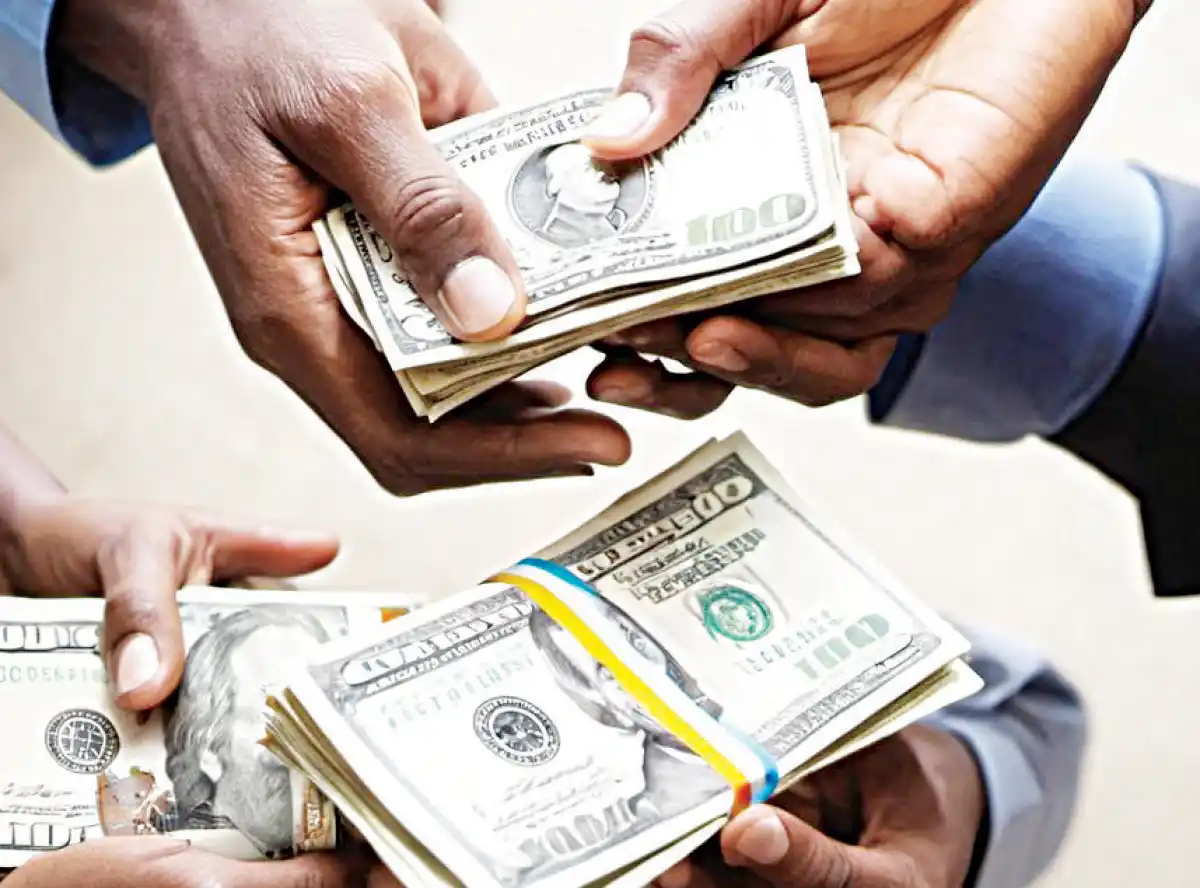
Reserve Bank of Malawi (RBM) Governor Macdonald Mafuta Mwale has insisted that the central bank will not be forced to devalue the Kwacha to match the black-market rate.
Speaking on the sidelines of a meeting on Market Price Stabilisation Strategies, jointly addressed with Trade Minister Sosten Gwengwe, Mafuta Mwale said RBM is convinced that the prevailing official exchange rate represents the true value of the local currency at the moment.
Although the Kwacha has remained stable at K1,751 to the dollar on the official market, the same currency is selling at around K5,000 to the dollar on the black market.

According to Mafuta Mwale, the meeting, during which authorities had to strategise on stabilising the prices of goods and services, did not discuss devaluation as a possible solution.
“What we believe is that the value of the dollar, which is official, is the value that we have to prescribe. Anything outside of that is speculative in nature, opportunistic in nature and also greedy in nature.
“As an average income in Malawi, we believe that nobody, with our income levels, can afford to buy the dollar at K4,000 or K5,000,” the RBM boss said.
Mafuta Mwale insisted that what is there, K1,751, is the value of the dollar in Malawi when looking at national income and average incomes in Malawi.
“So, anything beyond that is speculative and an attempt to distort the economy. There is no economic fundamental that would explain someone buying the dollar at K5,000.
“In fact, most of these activities are caused by social media, which is exacerbating the reports, but obviously we have to deal with that,” he said.
For his part, Gwengwe said the meeting of various stakeholders looking at stabilising prices had come up with a number of measures that would be announced by Finance Minister Simplex Chithyola Banda when he presents the 2025-26 national budget on Friday.
Over the past few months, stakeholders, including the World Bank, have urged the authorities to ensure that the Kwacha is realigned to eliminate the now-blossoming parallel market.
The black market, where the majority of importers access forex, has seen a sustained rise in the forex, which has also resulted in a spike in commodity prices.






0 Comments